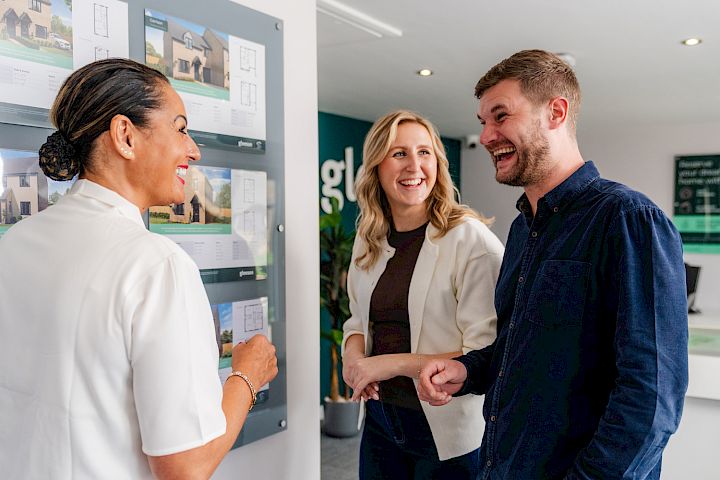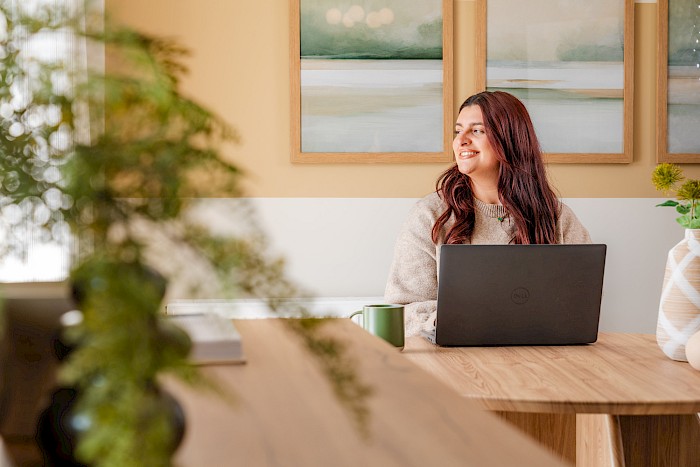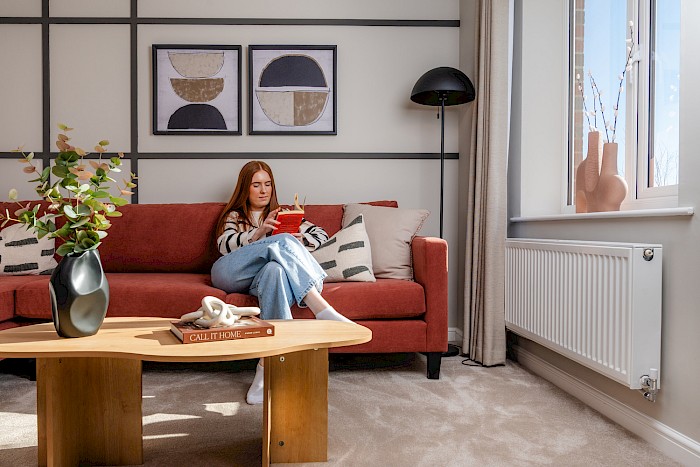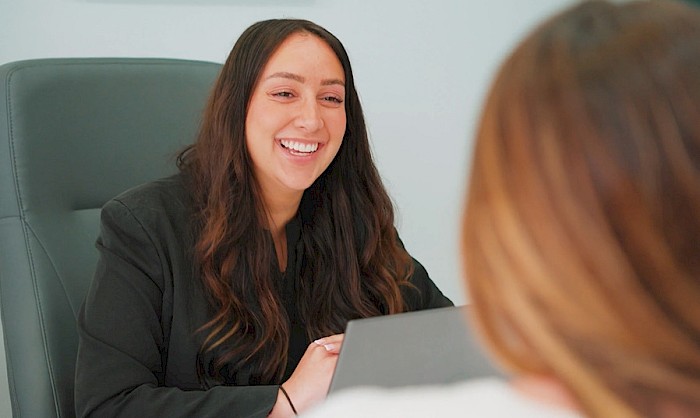
How to get mortgage ready
Ready to buy your first or next home? Before you can pick out paint colours and choose your furniture, there’s the all-important step of getting mortgage ready.
While it might not feel as exciting as house hunting, understanding the financial side of things is key to unlocking the door to your dream home. When you apply for a mortgage, lenders will review your income and spending to make sure you can afford your dream home, so being prepared can save you stress and money later.
To help make the process smoother, here are our top tips on how to boost your chances of getting a mortgage.
1. Start saving for a deposit
We all love treating ourselves to new clothes, days out, and little luxuries, and you don’t need to give these up completely when getting mortgage ready. But it’s important to start saving money as early as possible.
Tracking your spending can make a huge difference when starting to save. You can use an Excel spreadsheet, a dedicated app, or even a simple notebook to break down your monthly outgoings into essentials, nice-to-haves, and unnecessary items.
One of our top tips for saving money is to set up a direct debit the day after payday and transfer what you can afford into a savings account. We also recommend trying to avoid dipping into your overdraft while preparing for a mortgage, as lenders will take a close look at these things.

2. Register to vote
If you’re looking to get a mortgage, it helps to be on the electoral register. Lenders use it to verify your identity, making sure you are who you say you are, so make sure your details are up to date. If you’re registered at a previous address, make sure you update your details as accurate details can increase your chances of mortgage approval and will improve your credit score.
3. Check your credit score
Before applying for a mortgage, it’s important to review your credit history. This allows you to spot inaccuracies and settle any outstanding debts. You can check your credit score using tools like Experian and Equifax, which rate your history from poor to excellent. Your score reflects how well you’ve managed past accounts, loans, and your credit card history. Lenders use your credit score to decide whether to approve your mortgage and decide how much they can lend. By checking it early, you can take steps to improve your credit score and avoid surprises during the application process.
4. Pay off your credit cards and limit finance
If you have any outstanding loans or finance deals, do your best to try to pay these off before applying for a mortgage. At the very least, make sure you pay the minimum monthly requirement on your credit cards and avoid taking out new credit. This is because lenders consider all your existing debts when deciding how much they can lend you. And if you have high outstanding balances or multiple finance agreements, this can reduce the amount you can borrow. So, maybe hold off on that financed sofa until you’re settled in your new Gleeson home!
5. Pay bills on time
Even if your bills are paid in full, late payments can signal a risk to lenders. Paying on time is a habit that improves your credit score and shows lenders that you can manage regular mortgage repayments. Remember to keep up with all your monthly payments, from energy bills to subscriptions like Netflix, to maintain a strong financial profile.

6. Show stable employment
Mortgage lenders like to see a stable income, typically from at least six months in your current job. You will usually need to provide payslips for this period to prove your ability to afford mortgage repayments. Being in a consistent job also gives lenders the confidence that you can handle long-term financial commitments.
7. Get your paperwork ready
Mortgage lenders will want to see more than just your payslips. Key documents for a mortgage usually include your passport or driving licence, proof of your deposit, proof of your current address, your P60, and, if you’re self-employed, three years of accounts along with SA302 tax documents. Organise everything into a single folder so you can grab what you need quickly. Being prepared not only reduces last-minute stress but also helps speed up the mortgage application process.
8. Speak to a mortgage broker
Once your finances are in order, speaking to a mortgage broker is a great next step. Expert brokers like Mortgage Advice Bureau can guide you through the available mortgage options and help you understand how much you could borrow. There are new homes mortgage specialists who specialise in finding lenders that match your needs and can handle much of the application process for you.
The Mortgage Advice Bureau also has a handy new homes mortgage calculator to give you a quick estimate of your borrowing potential, making it easier to plan your next steps toward your dream home.

Ready to start your search for a new home? Click here to explore our new build homes across the North and the Midlands, and find the perfect home for you.

